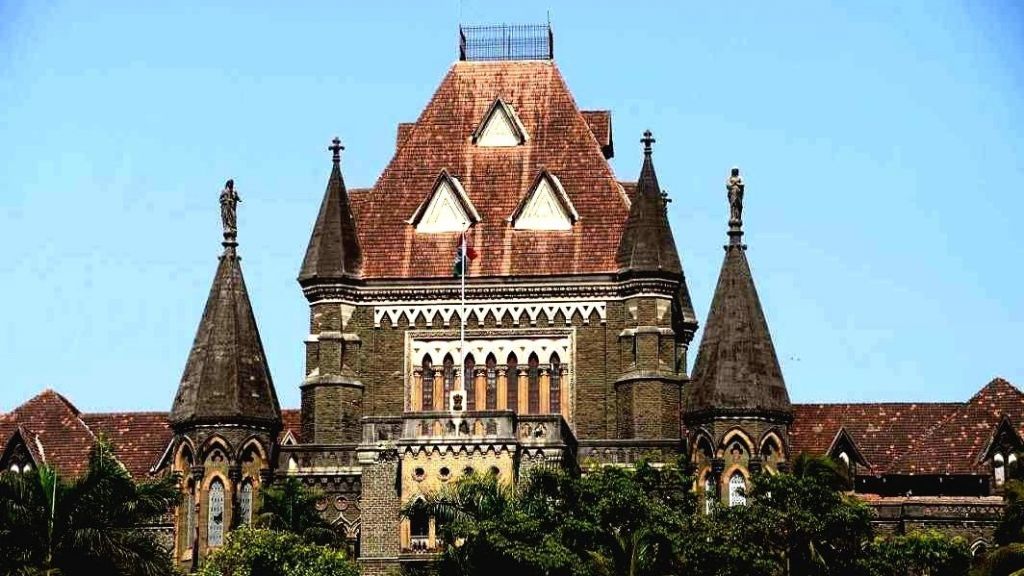
Mumbai: The Nagpur bench of the Bombay High Court commuted the death sentences of father-son duo to life imprisonment and acquitted the mother from murder charges. The court disapproved the reasoning by the sessions court reproducing some crime data regarding the State of Maharashtra of the last 10 years, noting that in criminal trials each case has its own feature and distinctions.
The HC was hearing a plea filed by the State of Maharashtra seeking confirmation of the death penalty of Haribhau Telgote, his wife Dwarkabai and son Shyam alias Kundan. A death sentence can not be executed until confirmed by the HC. The trio had also filed an appeal challenging their conviction and sentence.
The three were sentenced to death by the sessions court on May 17 this year for the murder of four relatives over a land dispute.
There was a land dispute between Dwarkabai and her brothers. On June 28, 2015, Dwarkabai was sowing cotton seeds on the disputed land when her brother Dhanraj objected. A quarrel ensued, and Dwarkabai accused Dhanraj’s son Shubham of inappropriate behavior. She called Haribhau, Shyam, and another relative, Mangesh, who then came armed and attacked Shubham. When Dhanraj, his other son Gaurav, and another brother Baburao intervened, they were also killed.
A bench of Justices Vinay Joshi and Abhay Mantri expressed dissatisfaction with the trial court’s rationale for awarding the death penalty, particularly its reliance on Mahabharata verses and murder statistics. “The reasoning assigned by the trial court for awarding capital punishment are quite strange,” the judges said, adding, “The trial court has quoted a verse from Mahabharata, which we feel to be an unwarranted exercise.”
The trial court also highlighted statistics of 23,222 murders in Maharashtra over the last decade, with 19 cases involving four murders in a single incident, categorising this as ‘rarest of rare.’
The High Court, however, found this approach “erroneous”, stating, “The Court has to evaluate the case strictly on the facts of the case and not be swayed by statistics and numbers of similar cases.” The bench observed that the killings were not premeditated but triggered by a momentary altercation when Dwarkabai was allegedly mistreated. The assault began as retaliation, escalating only when others tried to intervene.
The court noted that Dwarkabai neither wielded a weapon nor directly participated in the killings; her involvement was limited to calling the others. Thus, she was acquitted of all charges.
Further, the judges emphasised the absence of premeditation or a motive to kill, noting that the incident did not involve “brutal killing of defenseless or vulnerable sections of society.”
Given the possibilities of reformation, the court commuted Haribhau’s and Shyam’s death sentences to life imprisonment terms of 14 and 30 years, respectively. The HC has also reduced the fine amount imposed on father-son duo from Rs 50,000 to Rs 10,000.